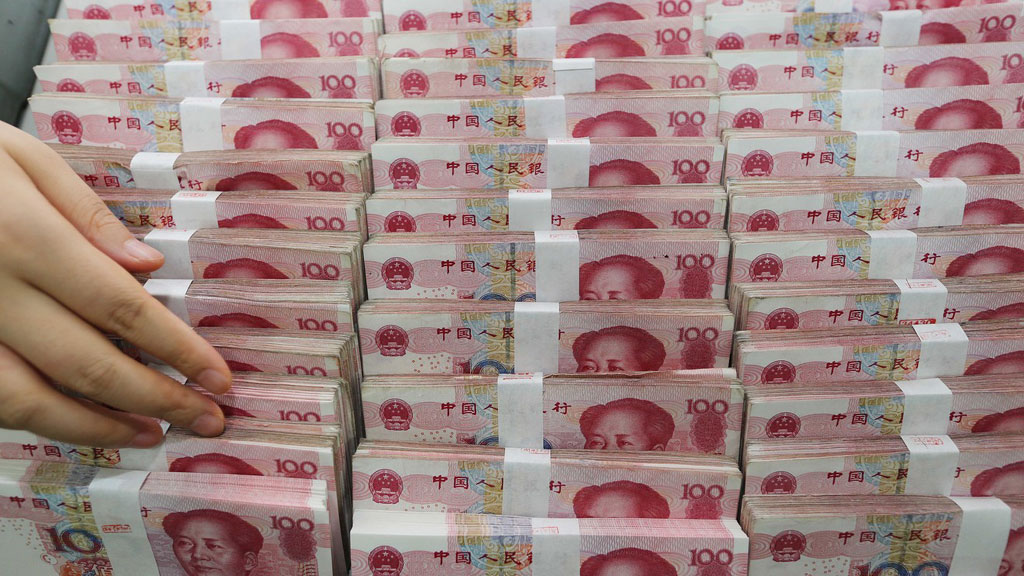 Emerging Asian currencies weakened on Monday as risk sentiment dampened over an impasse in trade negotiations that could end the bitter tariff war between the United States and China.
Emerging Asian currencies weakened on Monday as risk sentiment dampened over an impasse in trade negotiations that could end the bitter tariff war between the United States and China.
The Chinese yuan was among the worst performers, slipping as much as 0.6% to 6.8580 per dollar, its lowest in more than 4 months.
Talks between the world's top economies came to a deadlock on Sunday after Washington demanded promises of concrete changes to Chinese law and Beijing said it would not swallow any "bitter fruit" that harmed its interests.
The long-drawn dispute escalated last week after the United States increased the tariff rate to 25% from 10% on $200 billion worth of Chinese imports after U.S. President Donald Trump said
Beijing "broke the deal" by reneging from earlier comments.
"Investors will be on the lookout for any retaliatory moves from China, amid background expectations for the renminbi complex to weaken in reaction to weaker growth prospects," said OCBC Bank in a note to clients.
While optimism over the outlook of the Chinese economy had improved recently, uncertainties on the trade front could prompt policymakers to take further measures to shore up policy easing.
Data on China's April industrial output and retail sales are due later this week.
The South Korean won eased as much as 0.7% to its weakest since January 2017, and the Indonesian rupiah weakened 0.5% to a more than 4-month low.
Elsewhere, the Thai baht and the Singapore dollar also eased against the greenback, while the Taiwan dollar and the Malaysian ringgit were marginally lower.
Philippines financial markets were closed on Monday due to mid-term senatorial elections, but the peso was quoted at 52.31 in offshore trading, 0.3% lower than Friday's levels.
RUPEE SLIPS ON WEAK DATA
India's rupee declined 0.4% to 70.21 a dollar as government data showed the country's industrial output in March contracted from a year earlier, indicating sluggish demand.
Figures on Friday showed output fall 0.1% from a year earlier. Analysts polled by Reuters had forecast growth of 1.3%.
Kotak Securities in a research note said that given the fiscal constraints and slowing consumption, it sees limited impetus to the economy and expects fiscal 2020 gross domestic product growth to slow to 6.8% from 6.9% in fiscal 2019.



















Comments
Comments are closed.